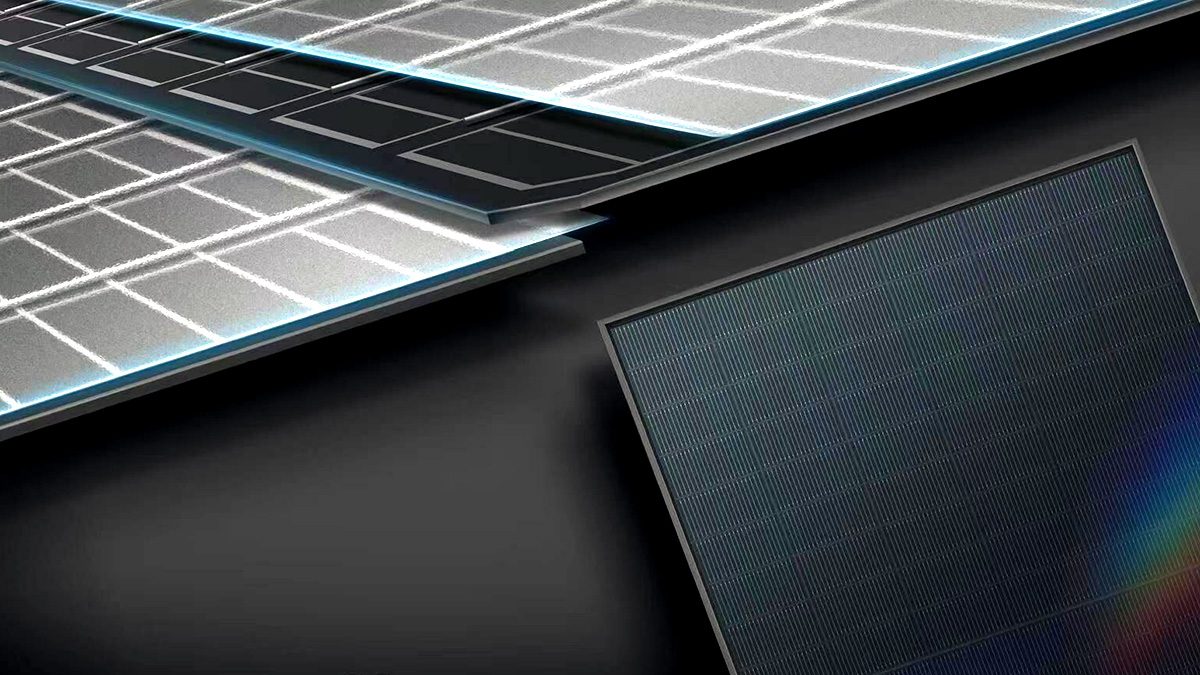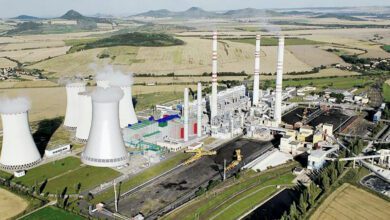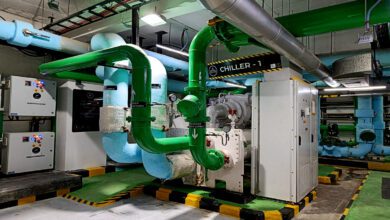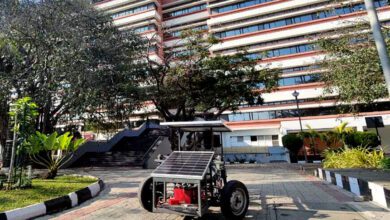In a groundbreaking move set to redefine the landscape of distributed generation (DG) and residential solar markets globally, Astronergy has unveiled the world’s first Zero BusBar Interconnection Technology (ZBB-TF) – Tiling Film (TF) powered ASTRO N7s n-type TOPCon PV module products. Boasting an unprecedented top conversion efficiency of over 23%, this innovation positions Astronergy at the forefront of solar technology for commercial, industrial, and residential applications.
The newly extended product within Astronergy’s ASTRO N7s series represents a significant leap forward in solar module design. TÜV Rheinland has granted the world’s first certification for ZBB n-type TOPCon products, underlining the pioneering nature of this technological advancement.
Astronergy’s engineers strategically implemented TF manufacturing technology in the ASTRO N7s product, applying it to 54 ZBB tech-manufactured TOPCon cells. The TF technology involves stacking the edges of two silicon wafers, extending a thin film over the cell overlap. This innovation acts as a cushioning effect, reducing the risk of hidden cracking and maximizing module power to an impressive 460W, with an efficiency exceeding 23%.
Jack Zhou, General Manager of Global Product Technical Service at Astronergy, explained that TF technology not only increases efficiency but also allows the modules to be manufactured at lower temperatures. This, coupled with compatibility with thinner silicon wafers, results in a reduction of over 20% in silver paste consumption, contributing to a significant decrease in carbon emissions during the manufacturing process.
The ZBB-TF modules are not only environmentally friendly and sustainable but also showcase enhanced bending resistance performance. Removing the busbar and eliminating gaps between cells results in better current carrier collection efficiency and a visually appealing design.
Furthermore, these technological advancements extend beyond environmental benefits. The ZBB-TF modules increase the light-receiving area of PV cells, reducing optical losses and enhancing overall module performance. The elimination of the busbar contributes to a sleek and aesthetically pleasing design.
As a part of the ASTRO N7s series, the ZBB-TF module offers additional advantages, including a higher bifaciality rate for the double-glass version, lower Light Induced Degradation (LID) and Light and Elevated Temperature Induced Degradation (LETID), higher reliability, excellent performance in low-irradiation situations, and higher power output per watt.












